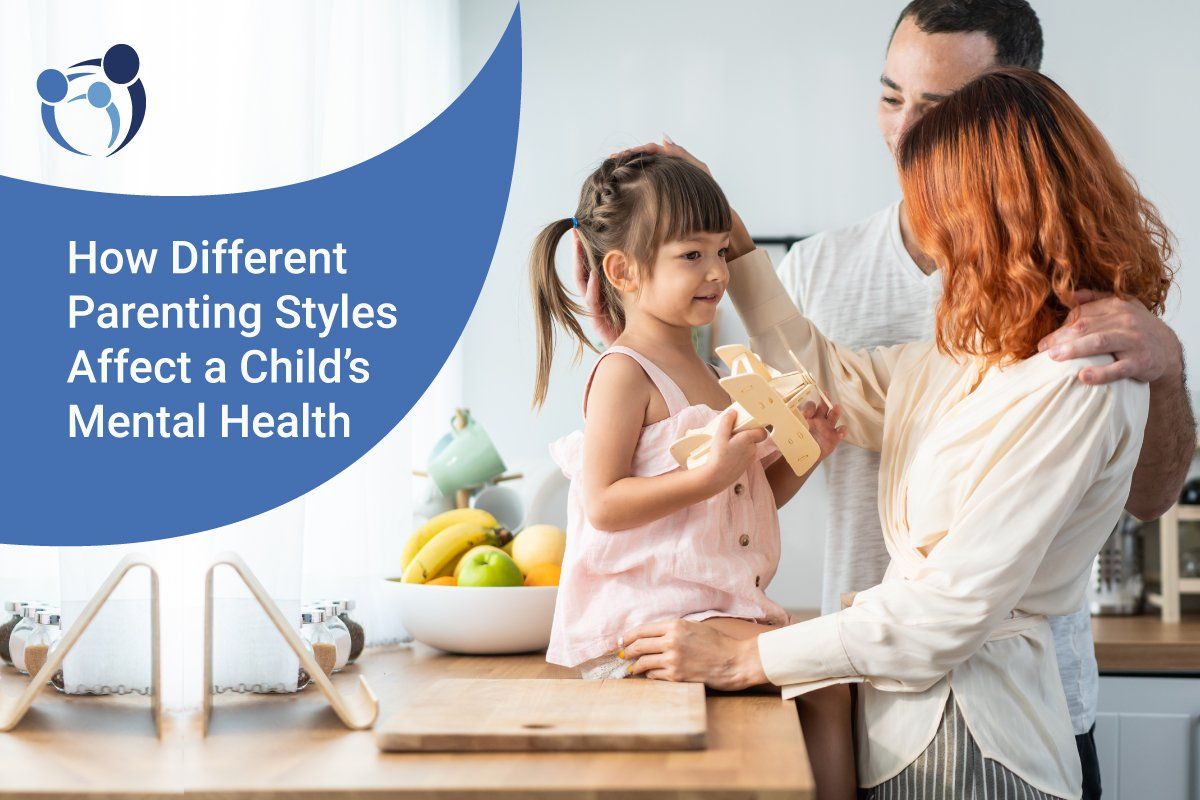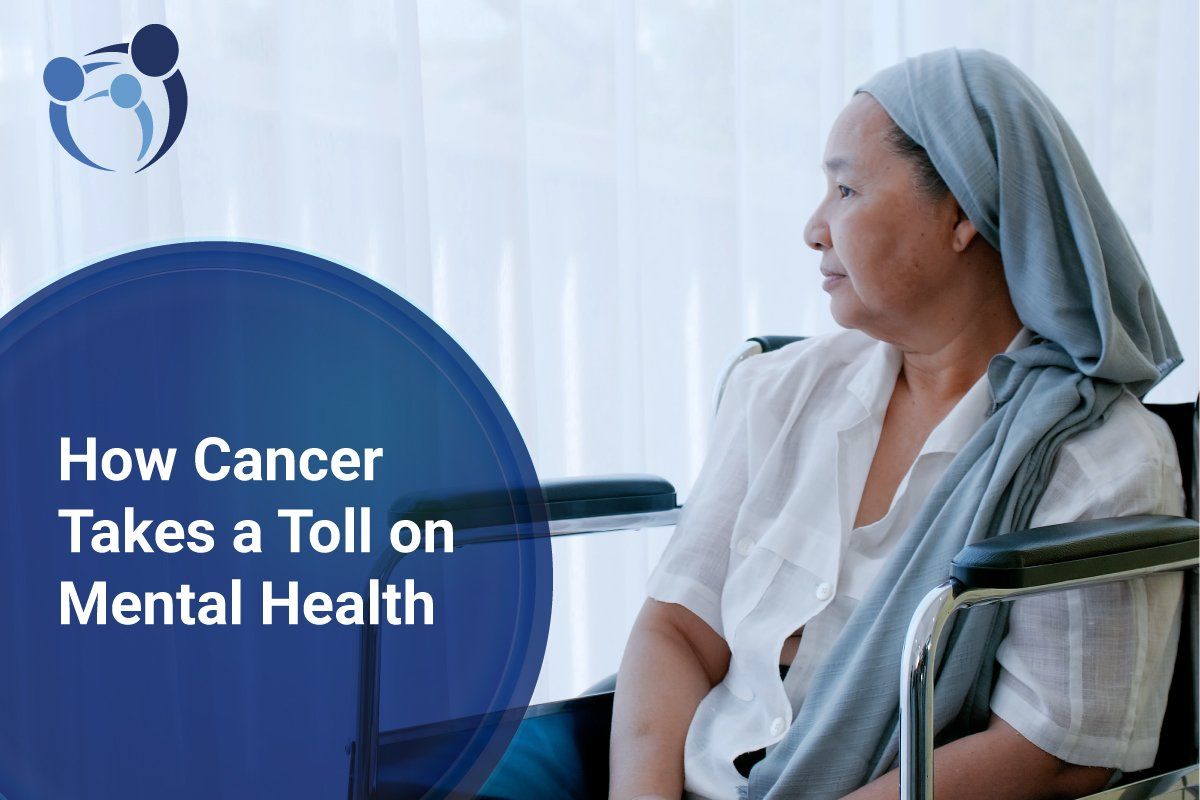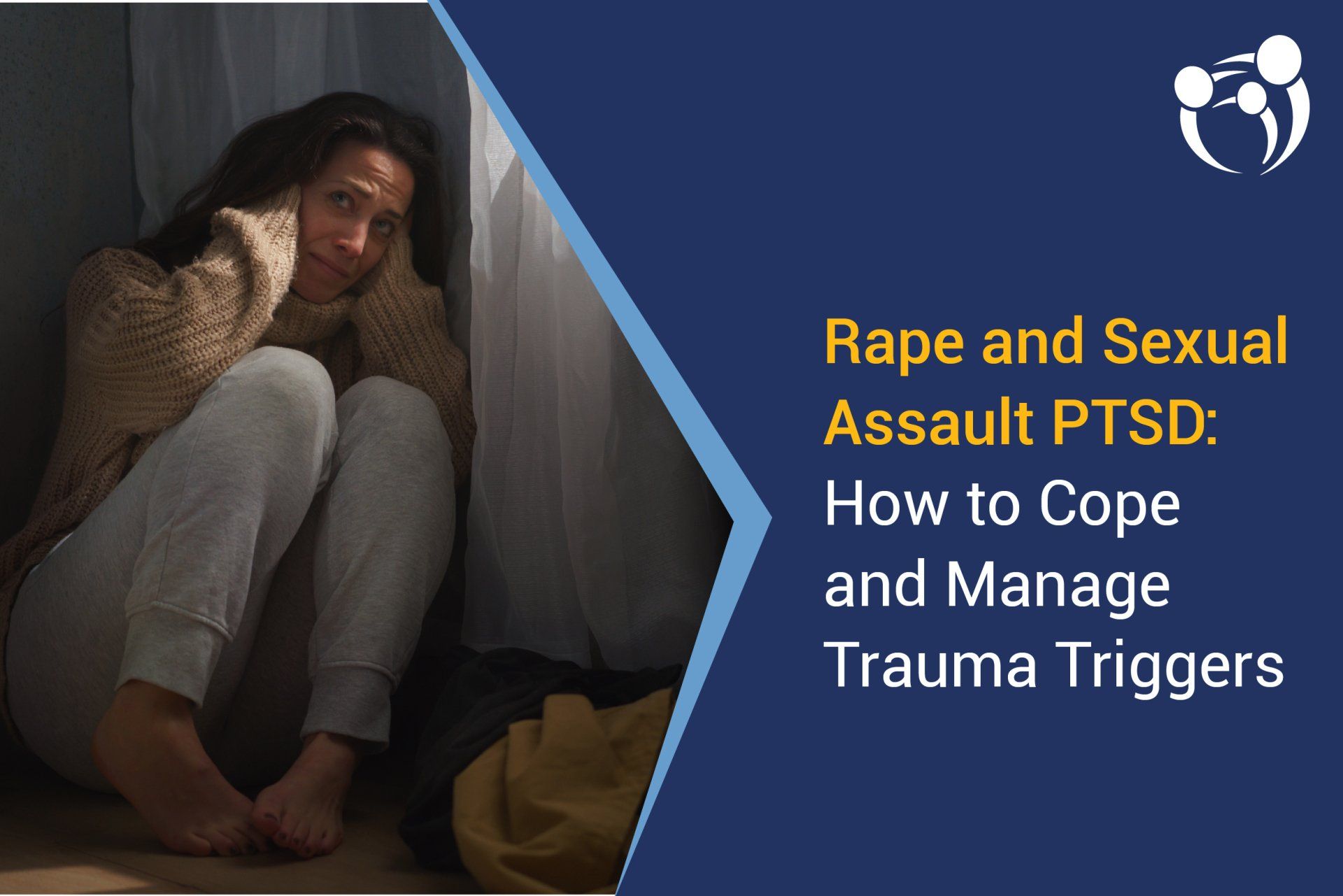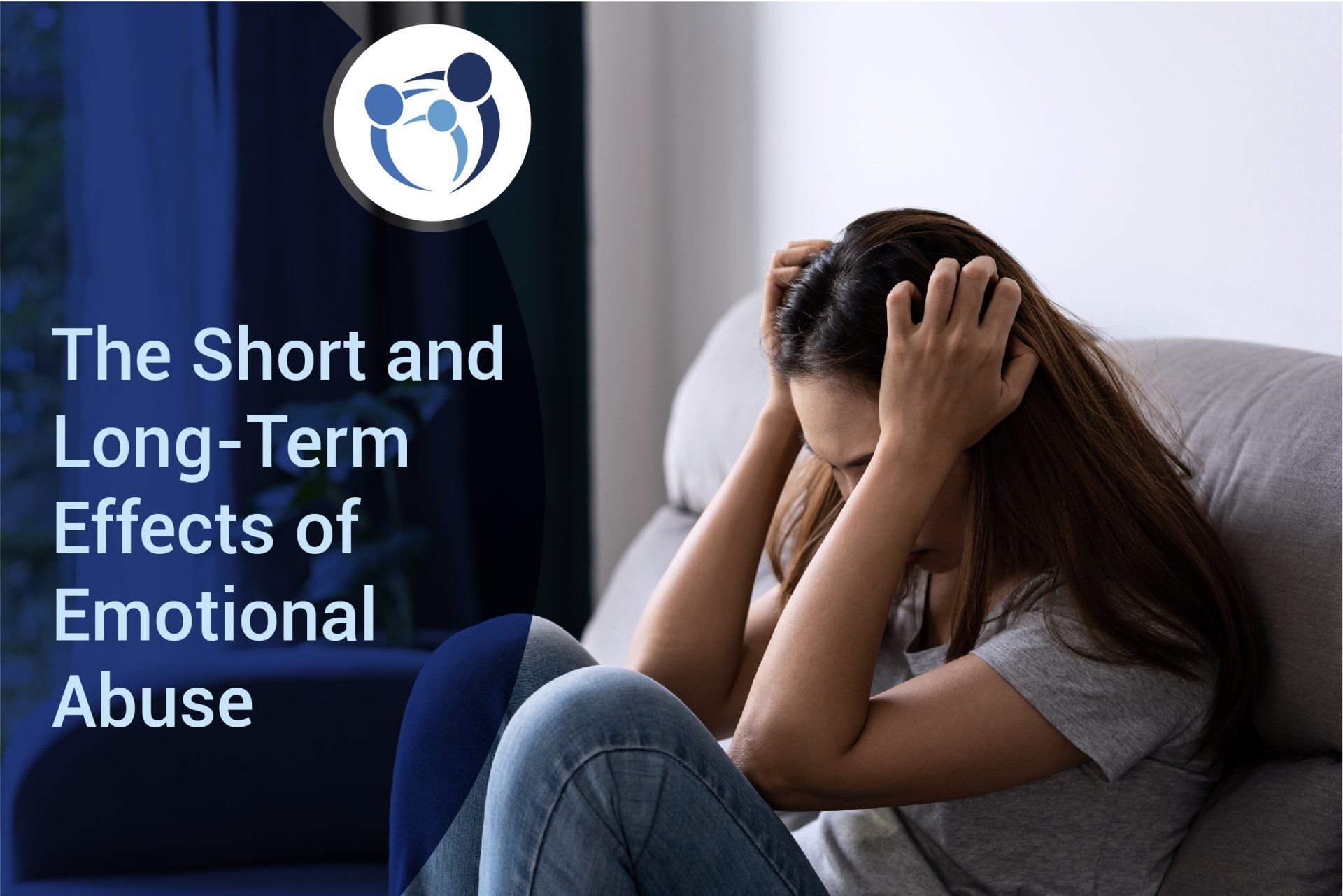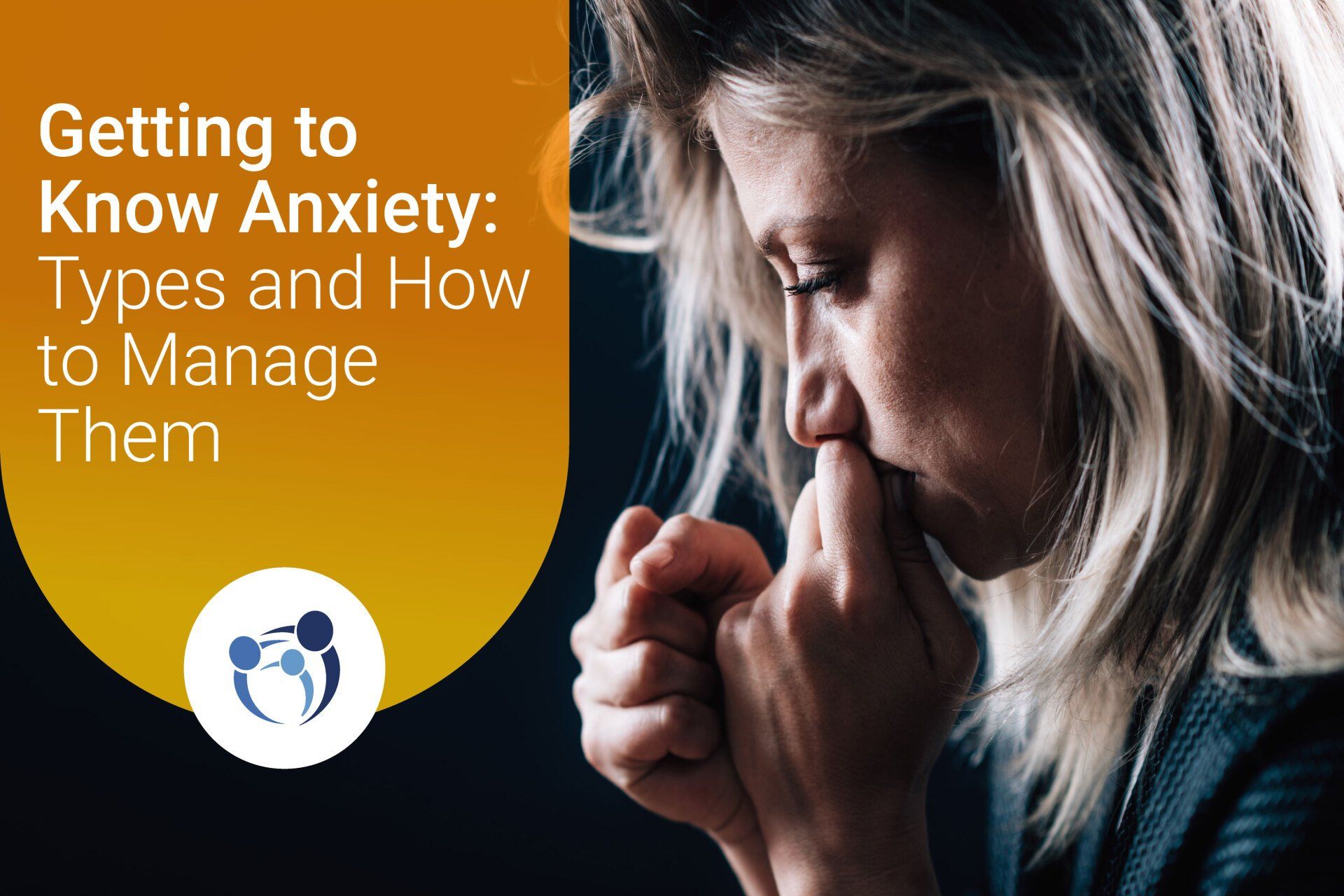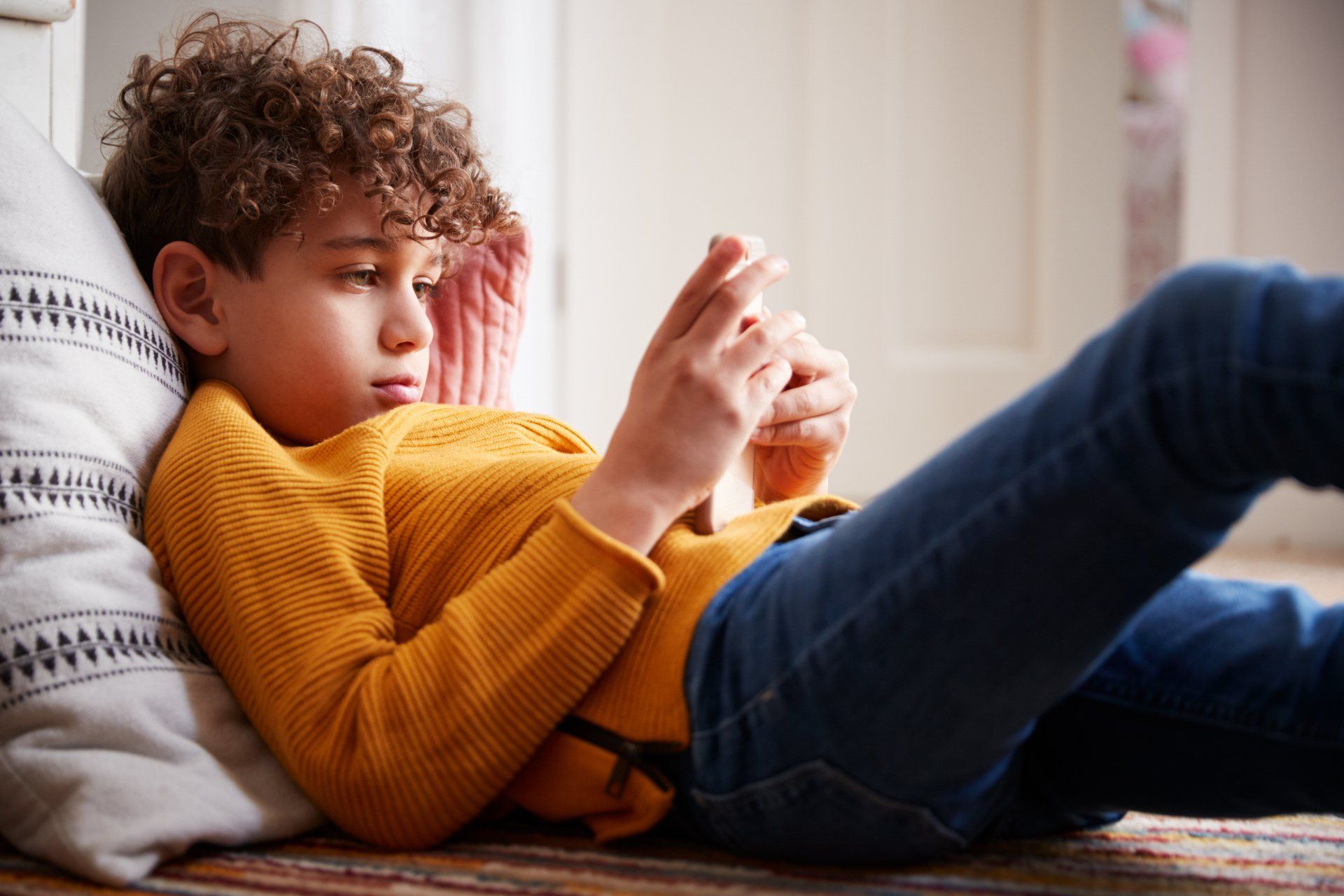Parenting and Mental Health
All parents agree that their child's success is their ultimate achievement. As a result, some parents tend to get too involved in their children's lives. On the other hand, other parents limit their involvement. Whatever the case, parenting styles affect a child's mental health in many ways.
Parents influence their
child's mental health. Children see their parents as role models. In a child's eyes, their parent's reaction to life's challenges also becomes their own. This blog post will discuss the four categories of parenting styles and how they influence a
child's behavior. So, if you want to learn what style your parenting falls into, continue reading below.
Parental Types
The Authoritative Parenting Style
Authoritative parents establish clear rules and standards. They typically react to their child's needs democratically. Instead of acting like the boss, they listen to their children and encourage open communication. Both parents and children positively develop rapport. As a result, the bond between all parties gets significantly boosted. One of the best advantages of the authoritative parenting style is a robust foundation. Most children who grew up with this parenting style are likely to have a strong connection with their parents into adulthood. Moreover, they could pass it on to the next generation.
The Authoritarian Parenting Style
Authoritarian parents tend to be very strict. Rules are set and never broken. The general rule of thumb is to obey without question. Disobedience is punished with very little affection. Insecurity is one of the most significant disadvantages of this parenting style. Children who grew up with authoritarian parents think less of themselves. They often ask themselves if they are good enough. What's more, these children may develop depression and anxiety at an early age.
The Permissive Parenting Style
Permissive parents rarely establish a solid set of rules for their children to obey. They expect less from their children more often than others. What's more, whatever restrictions they impose, they don't usually enforce them. As a result, children with permissive parents tend to be more risky and impulsive. It is because they know that their parents will not reprimand their mistakes. Nevertheless, permissive parents are nurturing and open to communication. They act like a friend rather than a parent. Remember, the effects of permissive parenting are not always good.
The Uninvolved Parenting Style
Uninvolved parents are perhaps the most lenient and least restrictive of the four categories of parenting styles. These individuals are typically uninterested in investing time and effort in raising their children. They communicate less and don't usually set rules or standards to obey. In some worst cases, they don't even provide their children's necessities. Therefore, children with this parenting style have low self-esteem and self-control. They often develop behavioral issues into adulthood.
These four parenting styles indicate that a child's mental health is affected by how their parents raised them. Those who set and enforce boundaries have positive effects on their children. On the other hand, parents who care less for their child's overall well-being could produce disastrous results.
Complications of A Poor Parenting Style
Raising children in a poor and unstable mental environment increases their risk of chronic stress. Unfortunately, chronic stress could lead to mental disorders. Here are a couple of examples that we've compiled
Reduced Cognitive Functions
A child with too much pressure may struggle with everyday tasks. What's worse, they could develop cognitive delay. They might have difficulty paying attention and staying still for any length of time. In addition, they could have trouble communicating and develop poor memory. A child could carry these adverse effects into adulthood.
Co-Dependency Issues
One of the complications of a poor parenting style is codependency. Codependency is the inability of an individual to create and sustain a healthy and satisfying relationship. Children who develop codependency early tend to be abusive and destructive when they grow up. They often manipulate others into doing what they want with little remorse.
Poor Coping Mechanisms
One of the problems that a child who grew up with a poor parenting style is developing inadequate coping mechanisms. Instead of facing problems the right way, they rationalize them to make themselves feel good. However, the sense of security is only temporary. The negative impact could develop into disillusionment, identity issues, and other mental problems.
How Parents Affect Children's Mental Health
Parents should be the positive foundation for their children. They should be the driving force in a child's life to be at their best. The key is their parenting style. As discussed earlier, a child's mental health depends on their environment. Whatever you feed into your child's minds during their developmental years will impact their lives in the future. So, be sure to nurture and protect their mental health as well as their physical health. What is the best parenting style? It depends on your personal preference.
Be the Best Parent You Can Be
Your child's future depends on their mental health, especially how they face life's challenges. Your role as parents is to provide them with an adequate parenting style to prepare them for what's ahead. A Center for Mental Wellness offers specialized parent-and-child interaction therapies based on your personal needs. We aim to help you and your child achieve healthier mental health for the future.
Book an appointment by calling (302) 647 1397. Or you can look for a clinic near you by clicking on this
link.
